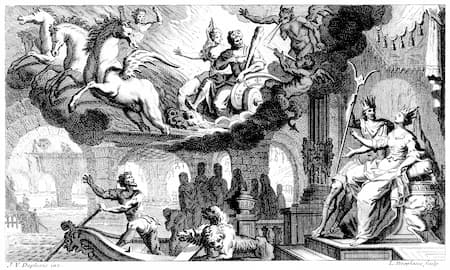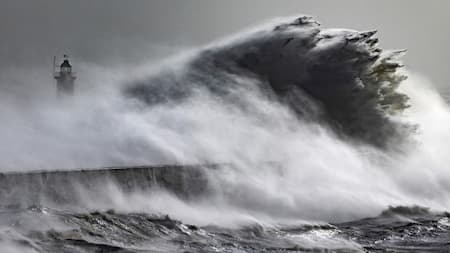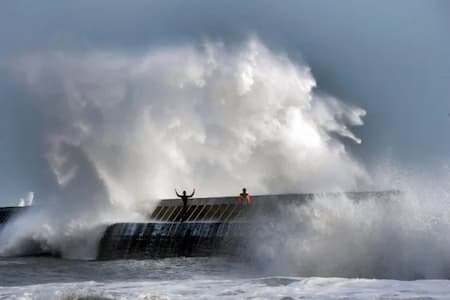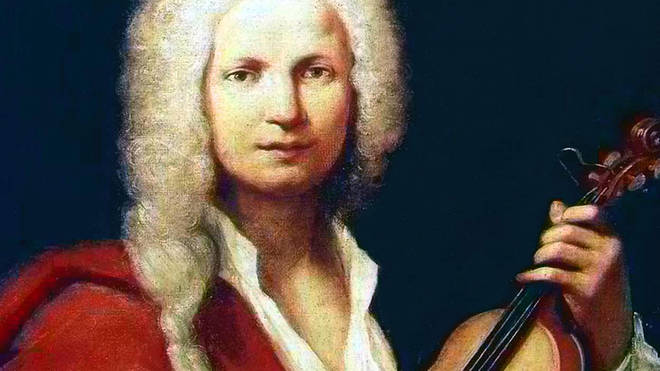The Four Seasons, the fabulous collection of four violin concerti by Antonio Vivaldi have topped the Classical Music charts for decades on end. It has become part of modern culture, and the music is reshaped and arranged into different musical styles and adapted for solo instruments other than violin.
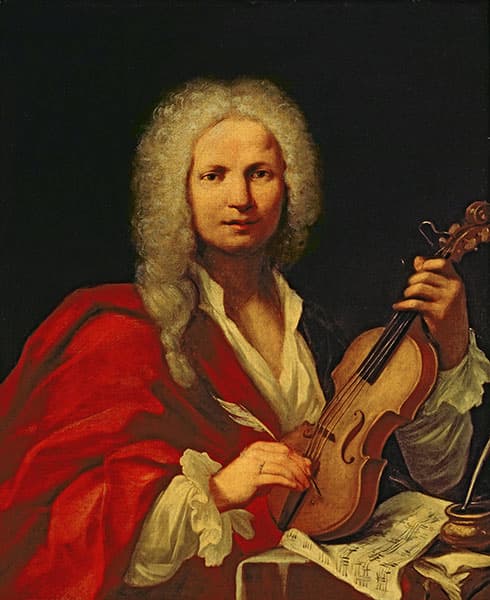
Portrait of Antonio Vivaldi
Vivaldi gave each concerto the title of a specific season, and his music imitates the sounds of barking dogs, warbling birds, the icy paths across frozen water, and even the blazing temperatures of summer. It’s a delightful and charming nature painting in music. The music was composed roughly 300 years ago, but times are changing, and so is the climate.
Simone Candotto, the solo trombonist of the Hamburg Elbphilharmonie Orchestra, was born in a town near Venice, Vivaldi’s place of work. And we all know that Venice is gradually sinking into the sea because of the consequences of climate change. As such, Candotto decided to let people hear the consequences of climate change by re-composing The Four Seasons using climate data.
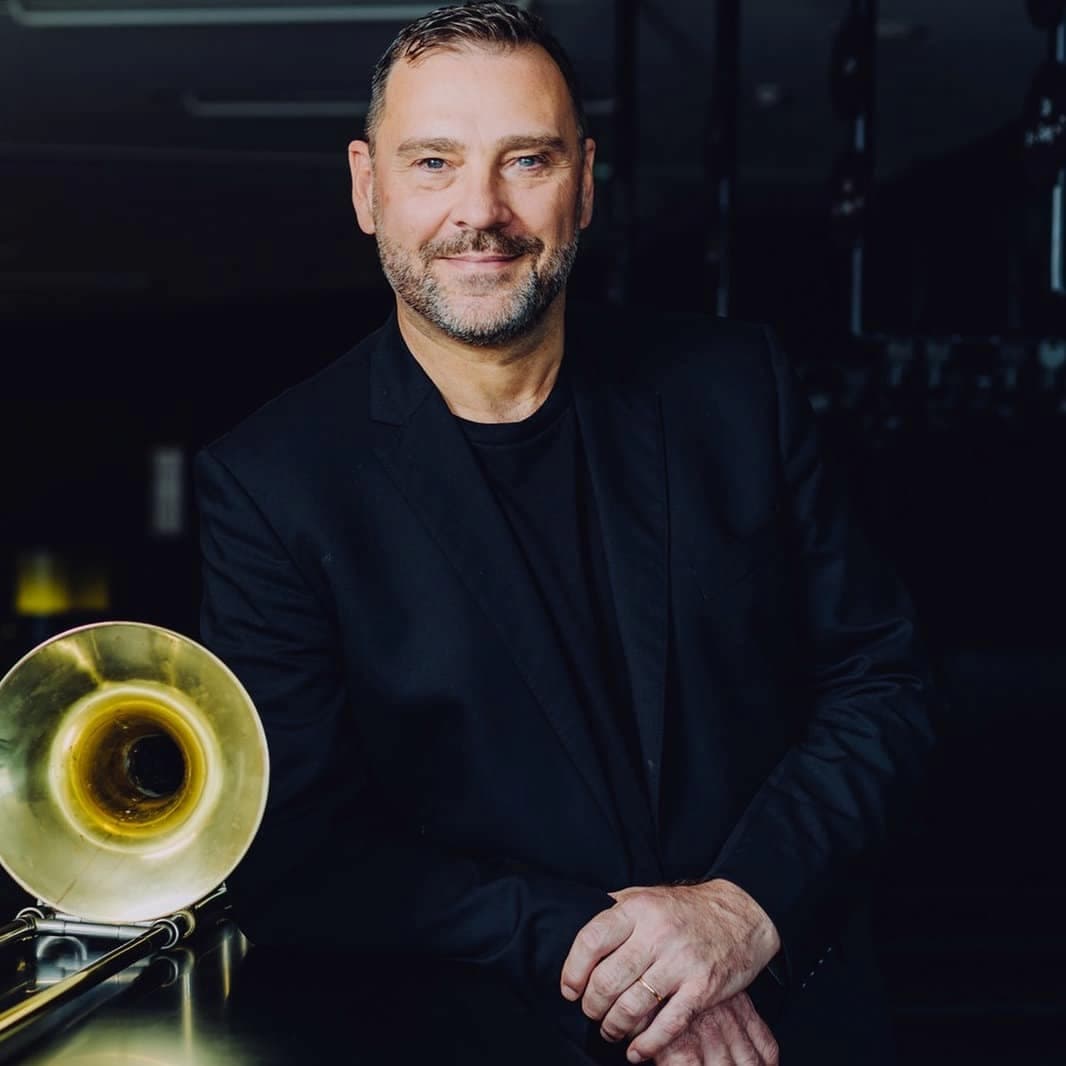
Simone Candotto
He engaged a team of software developers and music arrangers, and with the aid of a specific algorithm, he modified the source material to reflect the consequences of climate change. Much of that algorithm is based on 300 years of climate data, incorporating the increase in greenhouse gas carbon dioxide over the past centuries to the present day.
You can hear these changes very clearly in the music, as the summer motif already sneaks into the score in the spring. The seasons are clearly changing, and the rise of the global CO2 curve results in the notes becoming longer. Candotto explains, “It’s a big deal because I think it has an impact. But above all, there are the themes from the other seasons that come in so imperceptibly. That gives the impression that things are no longer the same as they used to be.”
Since there are 15 percent fewer birds chirping in the trees than in the time of Vivaldi, the algorithm uses 15 percent less of the bird motifs to indicate the extinction of species. Extreme weather is sharply increasing, and Vivaldi arrives in the present.
You can hear the solo violin continuing to play part of the Vivaldi “Winter” concerto while the orchestra sinks into dissonant lethargy. It’s almost like a metaphor, with people continuing to live as before while nature sinks into chaos due to man-made climate change.
The idea of using climate data to recompose Vivaldi’s “The Four Seasons” has also been taken up by composer Hugh Crosthwaite and Monash University’s Climate Change Communication Research Hub. This creation looks to portray a future where the world has failed to act on global warming.
This reworking also features AI algorithms based on climate predictions for the year 2050. It is a musical design system “that combines music theory with computer modelling to algorithmically generate countless local variations of the Vivaldi composition.” That is, it can model climate predictions for every location on the planet.
Looking at climate data, the algorithm alters the musical score to account for predicted changes in rainfall, biodiversity, sea-level rise, and extreme weather events for the location of performance. In some locations, storms will be more intense, the sea level will be dangerously rising, and wildlife will disappear.
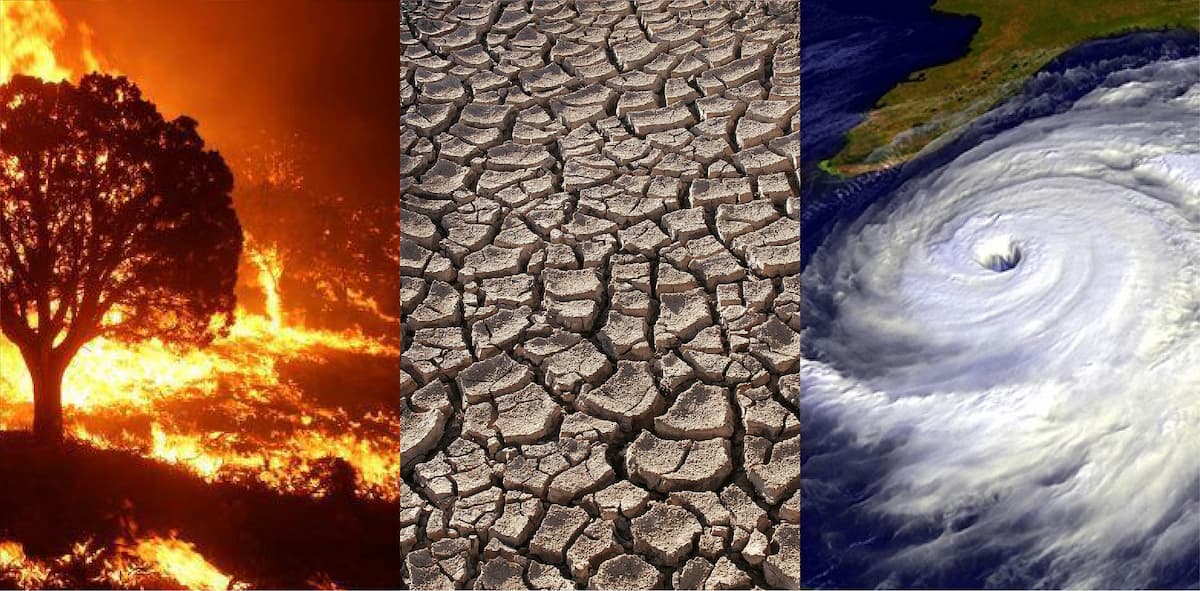
There is no doubt that climate change is unravelling our seasons, and Spanish music director Hache Costa has adopted Vivaldi’s most famous work to reflect the grim reality of global warming. “If someone were to compose The Four Seasons from an absolutely realistic perspective,” the composer writes, “the music would be much more aggressive and grittier.”
Costa projects the effects of global warming by adding prominence and drama to the summer concerto while shortening the other three. This re-composition is accompanied by projected images of wildfires and other effects of climate change, including drought. As Costa explained, “I would love the audience to feel really bothered at some point by becoming truly aware of what is happening.”

Max Richter
Award-winning composer and pianist Max Richter is not attempting to shock his audience, but he is actually advocating dialogue instead. Classically trained, Richter graduated in composition from the Royal Academy of Music and studied with the legendary Italian composer Luciano Berio. He loved the Vivaldi original as a child, but hearing the music abused for various reasons and causes, “it becomes an irritant.”
So, he decided to recompose the music, and his “New Four Seasons” weaves and loops the music to become a conversation between instruments and also a dialogue between the two composers. “There are sections where I’ve left Vivaldi alone,” he explains, “and other bits where there is basically only a homeopathic dose of Vivaldi in completely new music.” When it comes to climate change, we need a global dialogue with everybody pulling at the same string, and hopefully, Vivaldi can bring us all together.
